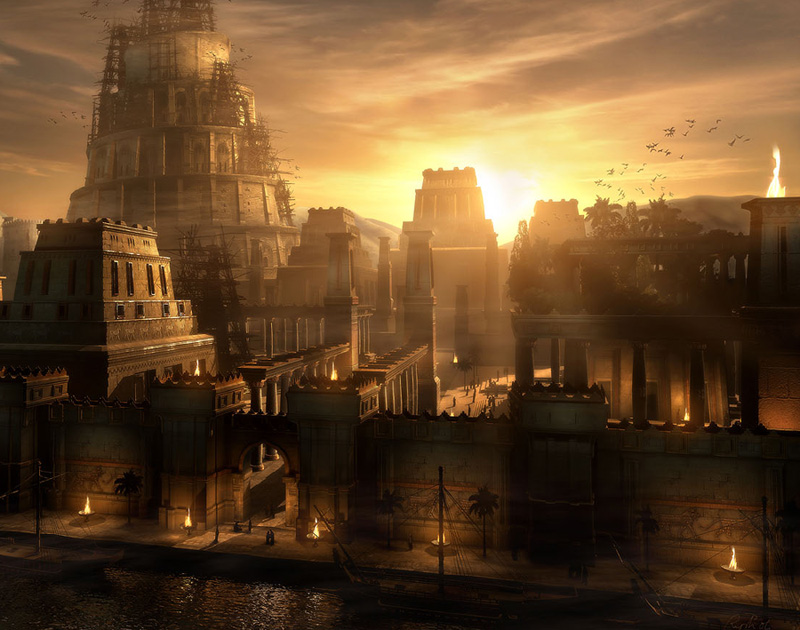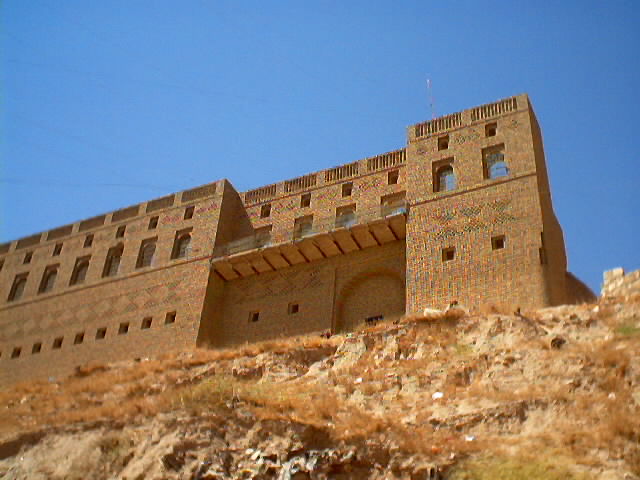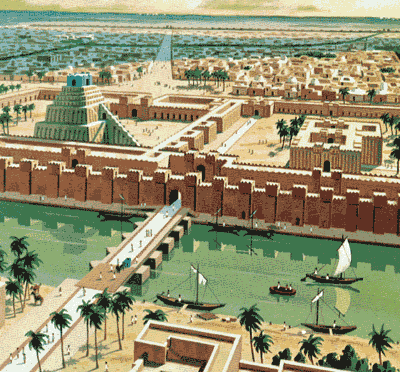Difference Between Assyrian and Babylonian Cultures

Ancient civilisations that sprung up near ancient Mesopotamia, and competed for superiority, Abyssinia and Babylonia were two sister-states that were located in close proximity with each other, but were distinguished by numerous cultural factors.
To begin, owing to their locations, both cultures had a different bent and focus. Located in the fertile lands near the Tigris and the Euphrates, Babylonia was primarily focused on agriculture, and trade and enterprising – farmers and merchants thrived in Babylon. Assyria, on the other hand, was a militaristic culture and state, preferring to build its army, and focus on war tactics.
This, in turn, influenced the leadership in both cultures. Babylonian rulers were generally chosen from the priesthood in the country – these were men who were already leaders in the religious arena. However, the Assyrian kings were usually strong military leaders – the ones with the most amount of power over the army, and the best war tacticians. They were autocrats who led the country in its interests of war, invasions, and conquest.
Yet another difference in both cultures was that of religion. The Assyrians and Babylonians both had more or less the same gods in their religion, but the key difference lay in the chief god – the Assyrians held Assur (named after their capital city) as the leader of all the gods, while the Babylonians believed in Merodach as the chief of all the gods. As reported by some experts, like Theophilus G. Pinches, LL.D., lecturer at University College in London, the Babylonians also had a tendency towards a more monotheistic faith, but this inclination was not absolute among them. The Assyrians, on the other hand, practiced a religion that was animistic and based on idolatry.
Instructions
-
1
Assyria
A Semitic Akkadian kingdom that lasted from the late 25th or early 24th century BC, to 605 BC, Assyria was a powerful empire that was also referred to as Subartu. Officially known as Aššur, the main concern of the empire was war, conquest, and expansion – however, Assyrian culture also made significant advancements in architecture, engineering, civil service, agriculture, economics, law, literature, mathematics, medicine, military technology, and astronomy.
Image courtesy: zindamagazine.com
-
2
Babylonia
Considered the “Holy City” of Mesopotamia, Babylon was founded by an Amorite dynasty in 1894 BC, at the site where present-day Iraq stands. Beginning as a small town, the city grew in power and prominence, led as it was by top priests in the hierarchy. A large bustling, multi-cultural city, Babylon focused chiefly on trade and agriculture, and was home to one of the wonders of the ancient world, the Hanging Gardens of Babylon.
Image courtesy: bible-history.com





